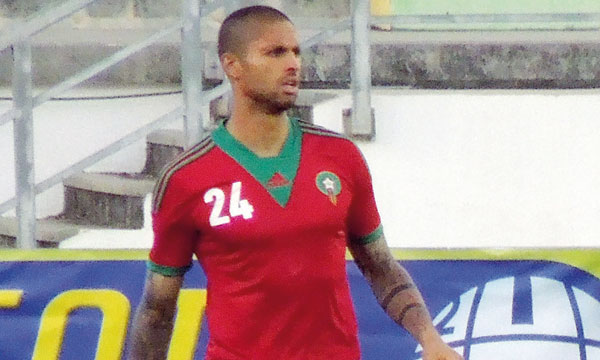Africa Rallies Behind Dani Alves After Racist Incident in Spain
Across the African continent and beyond, people have united in a powerful show of solidarity with Brazilian footballer Dani Alves, after the FC Barcelona defender was subjected to a racist gesture during a match against Villarreal last Sunday.
During the La Liga fixture, a Villarreal supporter threw a banana at Alves—a racially charged act intended to dehumanise. In response, the 30-year-old reacted with calm defiance: he picked up the banana, peeled it, and ate it before continuing play. His dignified and humorous gesture has since sparked a global anti-racism movement in football.
From Djibouti to Dakar, Cape Town to Praia, and even across the Atlantic to the Antilles and Brazil, Black communities have voiced strong support for Alves. Under the banner “Proud to be African, Proud to be Black,” players and fans alike have posted images of themselves eating bananas, turning a symbol of hate into one of unity and resistance.
Notable African footballers have joined the campaign. Tottenham Hotspur’s Togolese striker Emmanuel Adebayor was photographed with teammates holding bananas in solidarity. Borussia Dortmund’s Gabonese star Pierre-Emerick Aubameyang posed with Polish teammate Robert Lewandowski in a similar fashion. Three-time African Footballer of the Year Yaya Touré also participated, along with Cameroonian legend Samuel Eto’o, who was pictured casually eating a banana while seated on his car.
The message, shared widely across social media, is bold and provocative: “We are all monkeys.” It’s a deliberate act of defiance against those who continue to use racial slurs and imagery to belittle players of African descent, despite the sport’s global reach and increasingly multicultural makeup.
Alves, speaking in the aftermath of the incident, called out the persistence of racism in Spanish football. “Spain presents itself as a leading nation, but it is very backward in some areas. There is still a lot of racism toward foreigners,” he told Brazil’s Radio Globo. “FIFA needs to pay more attention to this. What I did was instinctive. The world is changing, and we must change with it.”
His comments reignited debate about racism in European football—particularly in Spain, where high-profile incidents have sparked outrage but resulted in relatively limited institutional change.
FIFA and UEFA have long pledged to fight racism, but critics argue that more decisive action is needed to address deep-rooted issues, especially in countries with recurring incidents.
In the meantime, Alves’s response and the wave of support from African communities and players worldwide offer a powerful reminder: football is for everyone, and racism will not go unchallenged.











